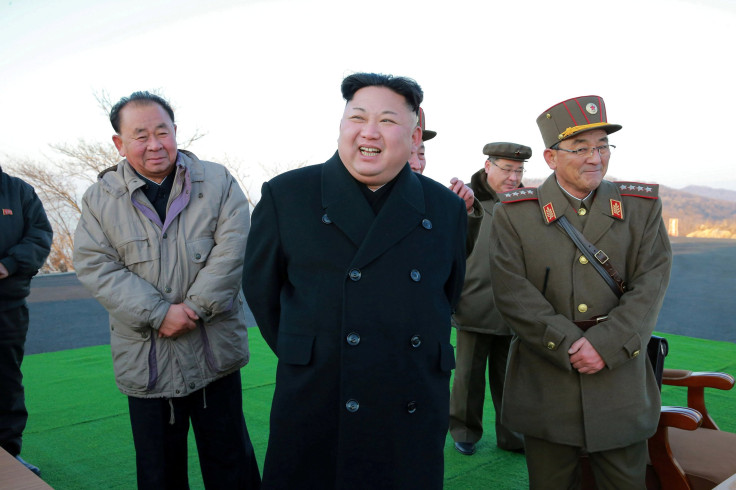Japan Mulls Deploying Self-Defense Forces To Counter North Korean Missiles

Amid growing tensions in the Korean Peninsula, Japan is contemplating the deployment of its Self-Defense Forces in case North Korea’s missiles land in its territorial waters, according to local reports Tuesday.
The country’s law over security threats is classified into three categories — the possibility of military aggression, obvious threat of military aggression and military aggression. At a time of mounting nuclear and missile threat from North Korea, the Japanese government wants to recognize Pyongyang’s missile fall in Japan’s territorial waters as an obvious threat of military aggression, in which the deployment of troops is allowed, Sputnik reported citing the Japanese language Yomiuri Shimbun newspaper.
There have been several instances when Pyongyang’s missiles have reportedly splashed into Japanese waters angering the East Asian nation. Tokyo has maintained its opposition to the North’s nuclear and missile progress.
On Monday, Japanese Prime Minister Shinzo Abe said his country will maintain high alert following the North’s failed ballistic missile launch Sunday.
“Under the current stringent circumstances, we will maintain a high level of alert and take all possible measures,” Abe said at a House of Representatives committee meeting. “Through close cooperation with the United States, South Korea, China and Russia, Japan will strongly demand North Korea refrain from provocative acts and abandon its nuclear and missile programs.”
On Sunday, Pyongyang test-fired a missile but the launch resulted in failure as the projectile “blew up almost immediately,” according to the U.S. military. The missile launch was the third this year with the reclusive country firing a medium-range ballistic missile into the East Sea in February and test-launching four ballistic missiles as a part of exercises targeting U.S. military bases in Japan.
Separately, U.S. Vice President Mike Pence is heading to Tokyo on Tuesday to reaffirm the security ties with the country. According to Mainichi Times, the Japanese prime minister would bring talks about stepping up its Self-Defense Forces coordination with the U.S. military during his meeting with Pence.
© Copyright IBTimes 2025. All rights reserved.






















